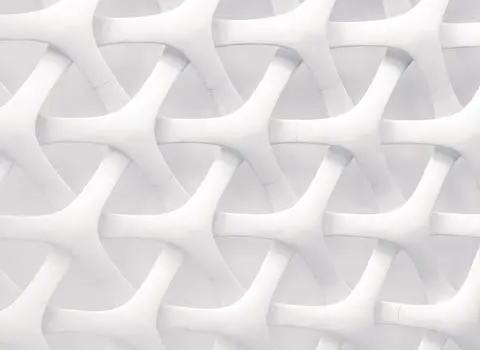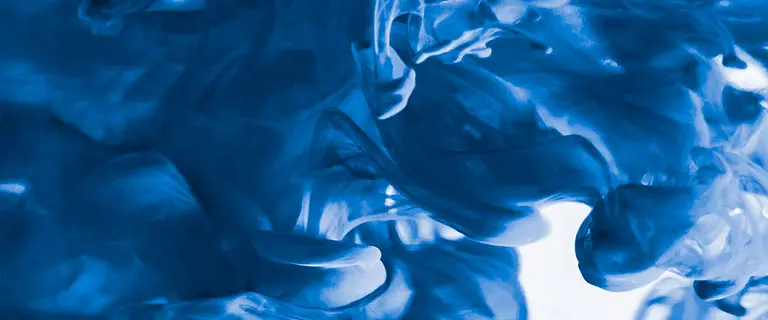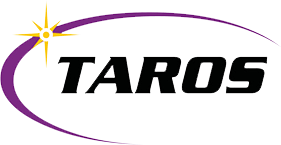Regenerative medicine
Taros and Uni Koeln want to improve tissue breeding
Taros Chemicals, an independent, owner-managed research company operating in the biotechnology, pharmaceutical, plant protection and materials industries, and the Center for Physiology & Pathophysiology of the University of Cologne, intend to work closely together in the field of tissue engineering. One of the aims of the BMBF-funded SME Innovative Project is to synthesize cross-linkers that, in combination with PAA gels, allow standardized production of elastic polymers that better address today’s stiffness problems in tissue engineering, such as cardiac muscle cells let loose. The project is led under the acronym KOXA “Controllable fissile crosslinkers for adhesion and dehesion of mammalian cells on polyacrylamide biomatrices”.
Dortmund, 21.09.2015 ++++
Tissue engineering is one of the most promising therapeutic approaches in modern medicine in the future and offers the chance of giving new healings to millions of people. Previously established carrier polymers have a high rigidity and do not adapt to the requirements of the cells cultivated on them.
Recent research shows that rigid polymers lead to irreversible alteration of the physiological properties of the cultured cells. In particular, cells that actively generate mechanical forces, such as cardiac muscle cells, are significantly limited in their function when the elasticity of the surrounding matrix deviates greatly from normal physiological values. In addition, for example, adult stem cells to which particular hopes are attached are also adversely affected by culture on rigid polymers. With regard to the claim to cultivate such cells for the purposes of regenerative medicine, or to study them under physiological conditions, is one Culture on substrates with a flexible surface is essential.
A culture of mammalian cells on polyacrylamide (PAA) hydrogels has been known for a long time, the elasticity of the matrix can be varied by varying the mixing ratio of acrylamide to bis-acrylamide before polymerization in a wide range from 0.01 kPa (adipose tissue) to> 150 kPa (fibrotic muscle tissue ) are adjusted reproducibly. Although PAA is in many ways an excellent substrate, it is rarely used in practice because the unmodified surface of the PAA gel initially does not allow direct cell growth. However, it only becomes a suitable substrate for the cell culture by the connection with proteins by means of so-called crosslinkers. However, the crosslinkers available so far have the disadvantage that the immobilization of the protein ligands is irreversible and only by proteases, such as.
Trypsin, a detachment of the cultured cells from the substrate can be achieved. However, this leads to undesirable changes in the surface proteins of the cultured tissue because the proteases used nonselectively attack matrix proteins and surface receptors of the cells. The aim of this project is therefore to synthesize crosslinkers which, in combination with PAA gels, produce a standardized preparation of elastic polymers with excellent optical properties, defined protein ligands for cell adhesion as well as defined substrate stiffness for cell culture.
In the process, a method becomes available which, by introducing predetermined breaking points, enables cleavage of the crosslinkers by biocompatible inducers and thus freed of cultured cells without proteases from the culture substrate. Such a stimulus could e.g. Light of a certain wavelength and would be a revolution over the conventional enzyme processes, which are much more stressful by digesting proteins and alter the cell surface.Taro’s Managing Director, Dr Alexander Piechot, is pleased with the project supplement: “KOXA is a very interesting and challenging research project Project results can lead to a significant leap in quality in the field of regenerative medicine and will open the future development of specialized high-end products for Taros Chemicals “.
About Taros Chemicals
Taros is a privately owned discovery chemistry company, working with global pharmaceutical, biotech and chemical companies since 1999. Alongside our performance chemicals and material science division, Taros’ drug discovery mission is to create drug candidates as potential new medicines. Taros has a strong scientific track record on many biomolecular targets in all main therapeutic areas and thereby adding considerable value to collaborations from target validation and hit identification to lead generation and optimization. Taros’ core expertise ranges from custom synthesis and process development to modern medicinal and computational chemistry, as well as compound library design and production.
Taros was heading the chemistry efforts of the EUR 196 million funded European Lead Factory (2013-2018) and is currently heading its EUR 36.5 million funded continuation (2019-2022). Moreover, Taros is deeply engaged in other research alliances like the EUR 11 million funded Drug Discovery Hub Dortmund.
Press Contact:
Youri R. Mesmoudi, Executive Vice President, e-mail: innovation |at| taros.de
Drug Discovery
Taros’ international and multidisciplinary team has more than 180 years of pharmaceutical R&D experience. Collectively as a team, we worked on more than 120 biomolecular…

Material Science
We create performance chemicals to enhance new materials, plastics, coatings, dyes & inks, cosmetics, flavors and many more research and industrial applications…

